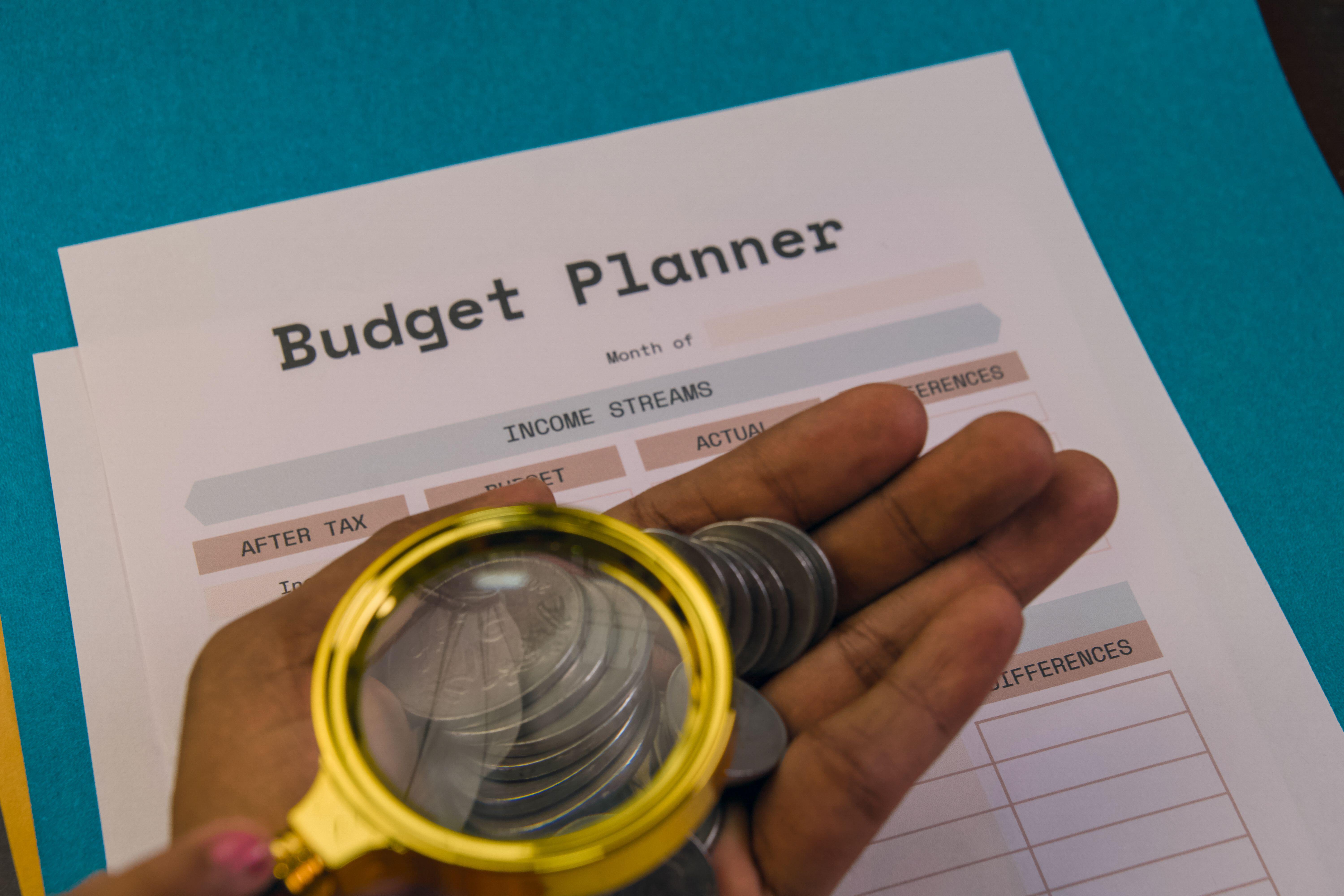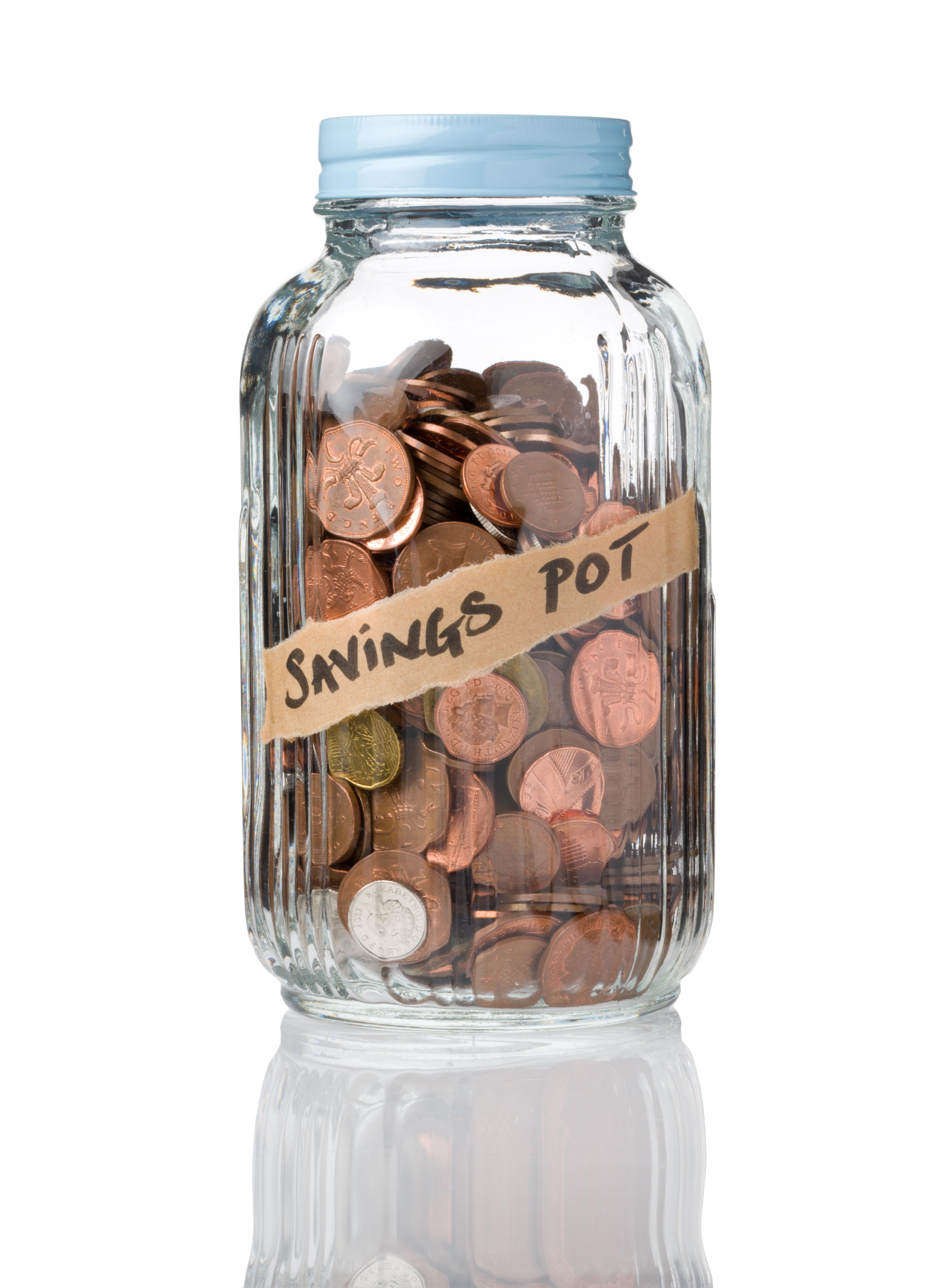For many, the prospect of retirement remains a distant dream, conjuring images of endless gardening and leisurely cruises.
Yet, time has a habit of accelerating, making financial foresight essential to ensure a comfortable future.
“It’s really important, making sure you’re planning for your 60s and retirement. Life can change so quickly,” says Matthew Sheeran, Money Wellness collaboration partner and trained debt adviser.
“When you get into your 50s, you are more susceptible to things like illness, injury and needing to take time out of work for partners. So this is really your best opportunity to make sure you’re planning for your future.”
These are the decisions to make before you hit the big 6-0. Your wallet will thank you later…

1. Use a budget planner – if you’re not already
Start safeguarding your retirement by getting day-to-day expenditure under control. “Get a sense of what you’ve got coming in versus what you’ve got going out,” says Sheeran, who recommends using an online budgeting tool or the 50 30, 20 method, “spending 50% of your income on needs – rent, food, essential bills; using 30% on wants – going out, seeing friends and family, spending time with your children; and then 20% on savings or debt; clearing off any high-interest debt before it gets too big, and then whatever you’ve got left over, put away for your future.”
Check out the Money Wellness budget planner for more.
2. Track down old pensions
You may be looking forward to the day you can draw your pension, but have you kept track of all the pension pots you’ve accumulated over your working life?
“In your 40s and 50s you have the ability to earn more money, your income can be flexible, but then once you retire, you’ve pretty much got a fixed income, so it’s never too soon to start thinking about pensions,” says Sheeran. “Track down any lost pensions, even if they’ve only got £100 in. That’ll give you a good idea as to: what lifestyle do I want in the future? And how much more do I need to pay now to get to that point?”
Dig out old paperwork to help you keep track of pension pots.
“Some people aren’t in a position or don’t have the luxury to save lots of money, but if you do have money left over at the end of each month, tackle your debt,” says Sheeran. “Always start with your high-interest debt: credit cards, overdrafts and personal loans. They can really drain retirement funds because of the interest, especially when you may not have the means to pay them quickly at a later age. Leave low-interest debts until afterwards, that’s while not forgetting to save a little bit for a rainy day at the same time.”
Sheeran recommends using a free debt advice service (like Money Wellness’ or National Debtline).
4. Maximise your income
Next up, look at income you might inadvertently be missing out on. “There’s so many benefits that go unclaimed in the UK, so there might be things you’re entitled to that you’re not claiming,” says Sheeran. Visit turn2us.org.uk to find out what you might be entitled to.
Get a free fractional share worth up to £100.
Capital at risk.
Terms and conditions apply.
ADVERTISEMENT
Get a free fractional share worth up to £100.
Capital at risk.
Terms and conditions apply.
ADVERTISEMENT
There are “quick wins” to be had too, says Sheeran. “Negotiate better deals with your broadband, your phone, cut TV subscriptions you’re not using, and make sure you’re on a suitable energy tariff. There’s so many tariffs that might reward you for putting your washing on at night on a timer. Little things like that can save you £20, £30, £40 a month, which can go towards that pension or savings pot,” he explains.

5. Take steps to being financially resilient
“You want to make sure you are as financially resilient as possible. That could start by having emergency funds in a current account or an account you can access easily without penalties. We’d always recommend having anywhere between three to six months’ worth of essential expenses saved,” says Sheeran. “Anything over and above that, that’s where you’d look at Premium Bonds and/or an ISA.”
6. Talk to your children
This can be a tricky one, but don’t shy away from it. “I speak to so many people that are in debt and their adult children aren’t paying any money towards the bills in the house, and that child might actually be in quite a good situation themselves,” says Sheeran. “Often the child doesn’t realise their parents are struggling. I’m sure if they did, they would contribute. But there’s a little bit of an embarrassment or pride factor for some parents, where they just don’t want to ask.”
He says at this stage of life, it’s vital – whether you’re in debt, struggling or not – to maximise your income. “It’s only fair that children contribute when they’re in a position to do so.”

